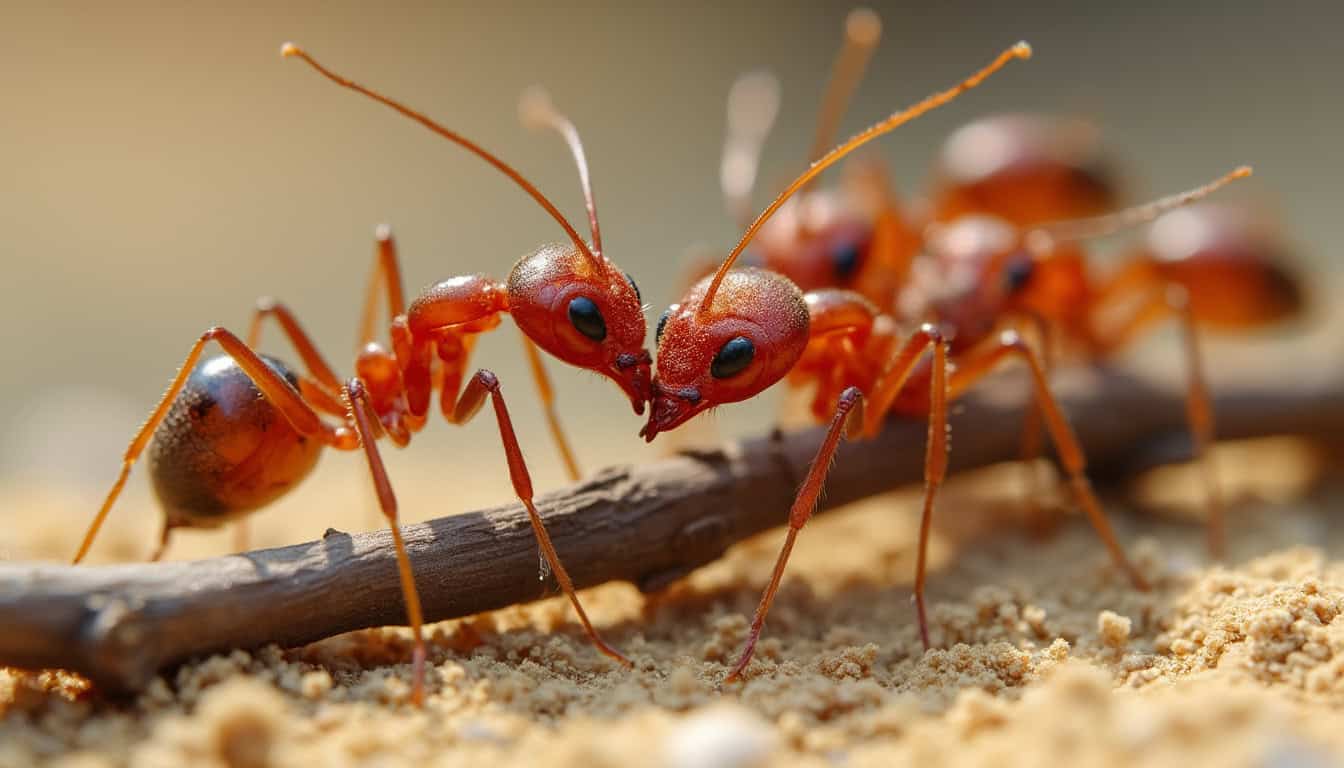Why Select Our Termite Control Services: Professional Solutions for Effective Security
Wiki Article
Ecological Impact of Parasite Control: Harmonizing Effectiveness With Sustainability
The ecological effect of pest control is an important problem that requires a fragile balance in between accomplishing effectiveness in taking care of parasites and making certain sustainability of our ecosystems. As we make every effort to safeguard our plants, homes, and health and wellness from the risks presented by pests, the approaches we employ can accidentally harm the atmosphere. From the use of damaging chemicals that leak right into our soil and water to the unintended consequences on non-target types, the consequences of standard bug control techniques are significant. There are arising approaches that provide hope for an extra sustainable method to pest monitoring. These services not only goal to resolve the immediate insect issues yet likewise take into consideration the long-term health and wellness of our world.Dangerous Chemicals in Bug Control
The application of dangerous chemicals in parasite control poses considerable environmental and health threats that necessitate mindful factor to consider and reduction methods. Pesticides, pesticides, and herbicides are generally made use of to remove parasites, yet their prevalent application can bring about unintended effects. These chemicals can infect soil, water sources, and the air, influencing not only the targeted pests yet likewise useful pests, wildlife, and people.
To address these risks, incorporated parasite monitoring (IPM) strategies are being advertised as an extra lasting option. IPM involves a mix of methods such as organic control, environment adjustment, and the targeted use of pesticides as a last resort (ant control cornelius nc). By embracing an alternative strategy to pest control, we can minimize the ecological and health and wellness impacts related to unsafe chemicals while successfully handling pest populaces
Influence on Non-Target Types
Considering the unplanned repercussions of insect control methods, the influence on non-target types is a crucial facet that needs thorough analysis. While bug control measures intend to target specific bugs, other organisms in the ecosystem may be inadvertently impacted. Non-target varieties, including advantageous insects, birds, creatures, and also plants, can experience straight or indirect damage from chemical applications or biological control techniques.Insecticides developed to battle a certain bug parasite might damage pollinators like or natural killers such as ladybugs. Organic control agents, if not species-specific, can present dangers to unintentional targets, disrupting the eco-friendly equilibrium.
To mitigate the impact on non-target species, incorporated insect administration (IPM) approaches that stress an alternative method to pest control are advised. These approaches focus on using eco-friendly methods, reducing injury to advantageous microorganisms while successfully managing pest populaces. Conducting complete risk analyses and monitoring the end results of bug control efforts are vital steps in safeguarding non-target varieties and promoting total ecological community health and wellness.
Soil and Water Contamination
Unintended environmental effects of insect control methods prolong beyond influencing non-target types, with significant effects for soil and water contamination. Pesticides, herbicides, and chemical fertilizers made use of in insect control can seep into the dirt and pollute groundwater, positioning a threat to both earthbound and marine ecosystems. Soil contamination can disrupt the equilibrium of microorganisms crucial for nutrition biking and plant growth, bring about decreased dirt fertility and efficiency. These chemicals can linger in the setting for prolonged durations, collecting in the soil and possibly going into the food chain.Water contamination is another critical concern connected with bug control methods. To reduce soil and water contamination from pest control tasks, integrated insect management techniques that prioritize sustainability and decrease chemical inputs are vital.
Air Air Pollution From Pesticide Use
Exposure to air-borne pesticides during farming applications poses a substantial concern for air pollution control actions. Additionally, pesticide drift, where have a peek at this website chemicals are brought by the wind to unintended areas, can lead to the contamination of neighboring ecosystems and water bodies.
Methods for Lasting Pest Control
In the realm of agricultural practices, applying lasting pest control techniques is critical for keeping environmental equilibrium and securing plant returns. Sustainable bug control emphasizes the usage of eco pleasant approaches to take care of parasite populaces properly while minimizing damage to non-target microorganisms and communities. Integrated Insect Administration (IPM) is a commonly taken on strategy that incorporates organic, cultural, physical, and chemical control methods to achieve lasting parasite management services.One key strategy in lasting parasite control is advertising biodiversity within agroecosystems. By improving natural opponents of bugs, such as parasitoids and predators, farmers can decrease the need for artificial chemicals. Plant turning and diversity are likewise effective techniques to interfere with pest life process and produce less positive conditions for pests to grow. In addition, utilizing pest-resistant crop varieties and using techniques like trap cropping can help minimize parasite stress without depending heavily on chemical treatments. Eventually, by integrating these sustainable insect control strategies, farmers can achieve an equilibrium between pest management effectiveness and ecological stewardship.
Conclusion
To conclude, the ecological impact of parasite control techniques need to be very carefully considered to balance performance with sustainability. Unsafe chemicals made use of in bug control can result in dirt and water contamination, air pollution, and injury non-target types - ant control services. It is vital to execute sustainable pest control strategies to lessen these adverse results on the setting and promote a much healthier community for future generationsBy adopting an all natural strategy to pest control, we can reduce the environmental and health impacts connected with unsafe chemicals while efficiently handling pest populaces.

To alleviate the air pollution triggered by chemical usage, it is vital to take on incorporated pest administration strategies that focus on the usage of non-chemical pest control methods, such as crop turning, natural killers, and immune plant ranges. Lasting pest control emphasizes the use of environmentally friendly methods to take care of bug populations efficiently while lessening injury to non-target microorganisms and ecological communities. Integrated Insect Administration (IPM) is an extensively adopted technique that incorporates organic, cultural, physical, and chemical control techniques to accomplish lasting pest administration solutions.
Report this wiki page